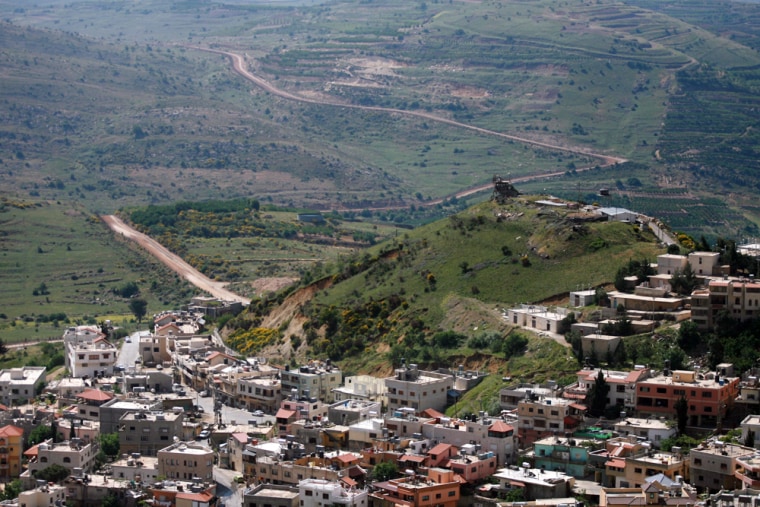The Druze people of Israel are a genetic sanctuary of ancient lineages of DNA, researchers reported on Wednesday.
Not only does the exclusive religious community offer a snapshot into the history of the Middle East, but their well-preserved diversity may provide opportunities for medical research, the team at the Technion-Israel Institute of Technology said.
The researchers looked at mitochondrial DNA, a type of genetic material that is passed down virtually unchanged from mother to daughter. It can provide a kind of snapshot of the ancestry of a person.
"Altogether we sampled 311 different paternal households from 20 Druze villages in Northern Israel, and 208 surnames were identified," Karl Skorecki and colleagues wrote in the Public Library of Science journal PLoS ONE.
The mitochondrial DNA backed up the legendary origin of this close-knit religious group, believed to number 1 million or fewer.
For instance, Skorecki's team discovered an unusually high frequency of a haplogroup, or a distinct collection of genetic markers, called haplogroup X. Haplogroup X is rare but is found around the world among diverse groups.
This fits in with the known history of the Druze, who mostly live in mountainous regions of Lebanon, Syria, Israel and Jordan, and provides "a sample snapshot of the genetic landscape of the Near East prior to the modern age," the researchers wrote.
Marriage outside the group is discouraged, first cousins often marry, and it is impossible to convert to the religion, an offshoot of Islam.
The Druze religion was founded in the year 1017 by what were believed to have been an ethnically diverse group of people and Skorecki's team's findings support this.
"The populations with the smallest genetic distances to the Druze were: Turks, Armenians, Iranians and Egyptians," they wrote.
This diversity offers a unique opportunity for researchers to study whether people who have different types of mitochondrial DNA are predisposed to different kinds of diseases.
"You can look at 150 kinds of mitochondrial DNA within one group with a similar environment, and be able to see the specific contribution of these variations," Skorecki said in a statement.
And the different populations may offer interesting insights.
"Since they are comprised of so many distinct lineages, genetic disease may vary from clan to clan and village to village," said Skorecki, who found genetic evidence that modern-day Jewish priests, called Kohanim, are descendants of a single common male ancestor.
This would be consistent with legend that the Kohanim are the descendants of the Biblical high priest Aaron.
Skorecki also led a team that found evidence that 40 percent of Ashkenazi or European-origin Jews are descended from four "founding mothers," who lived in Europe 1,000 years ago.
